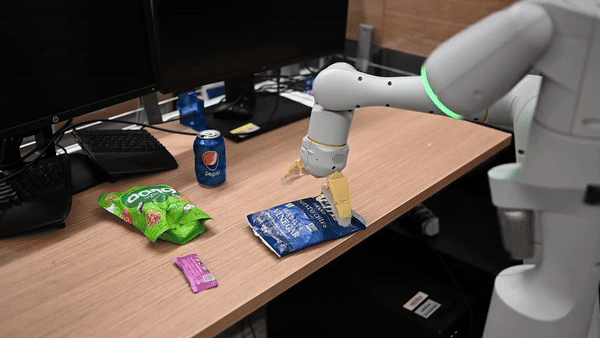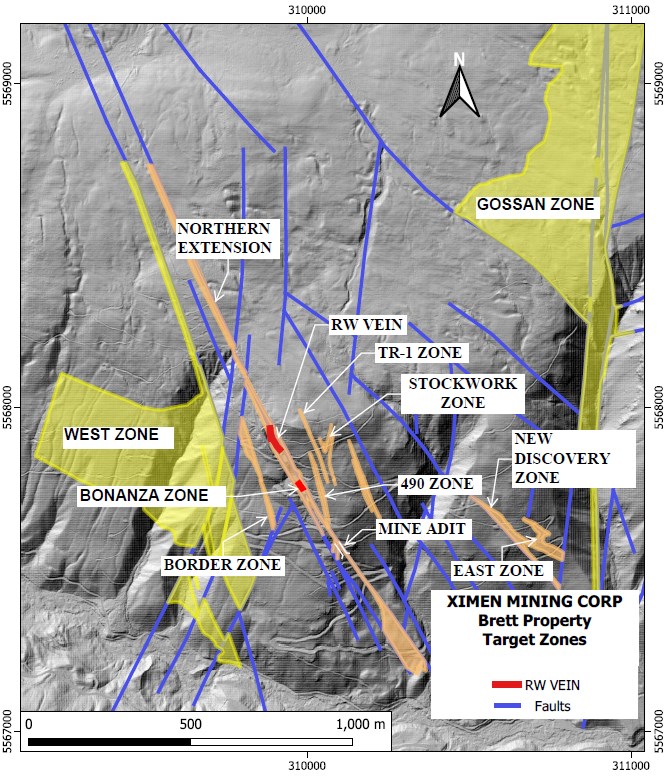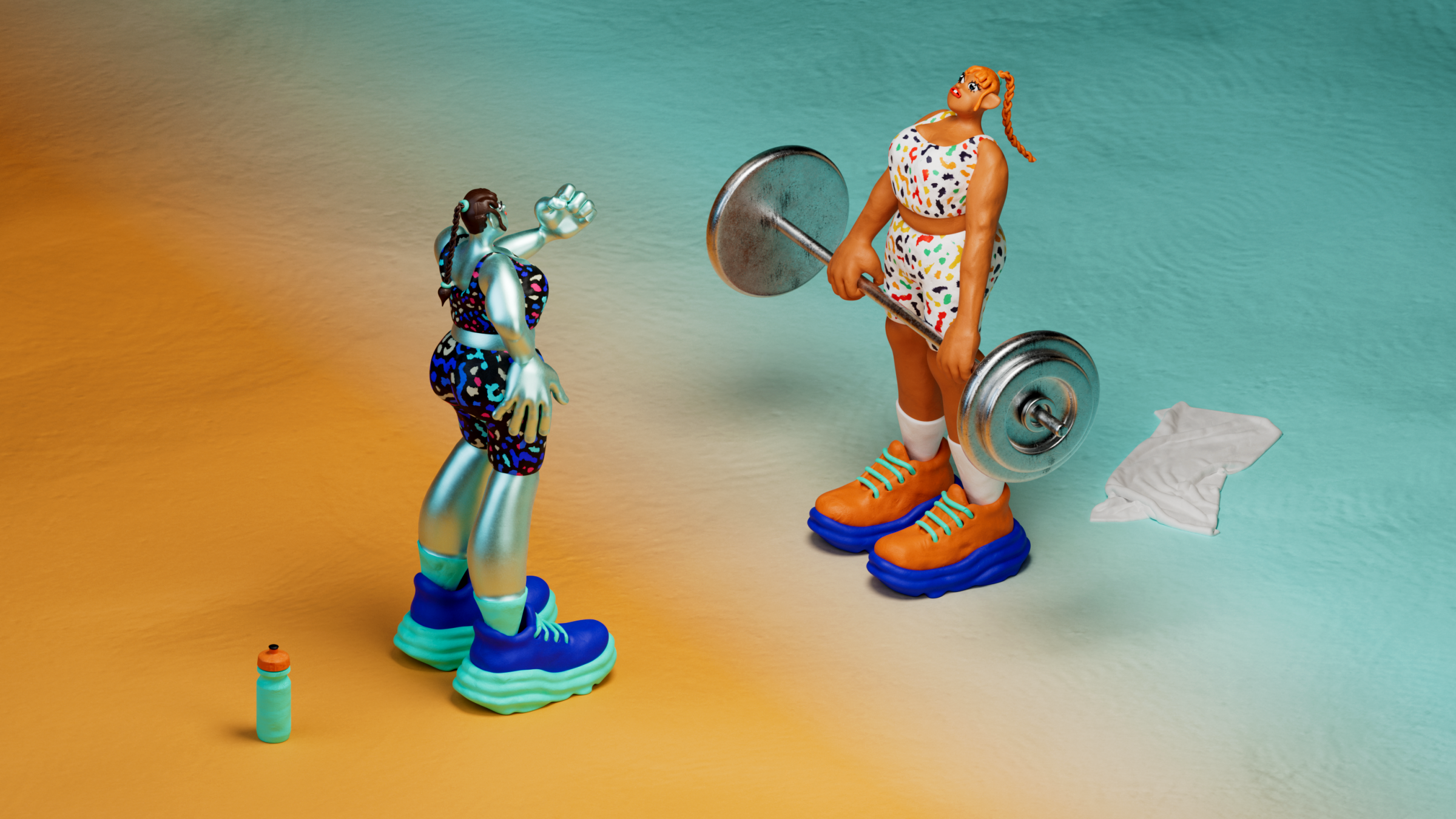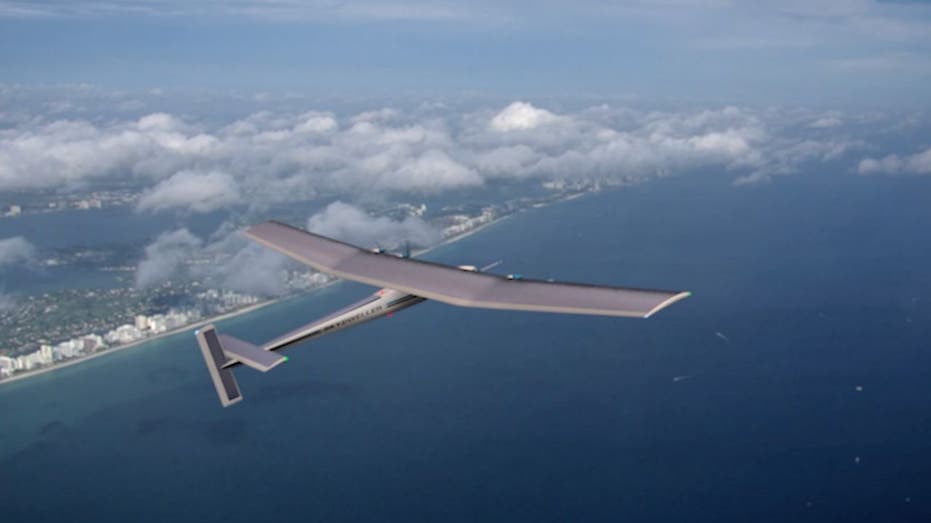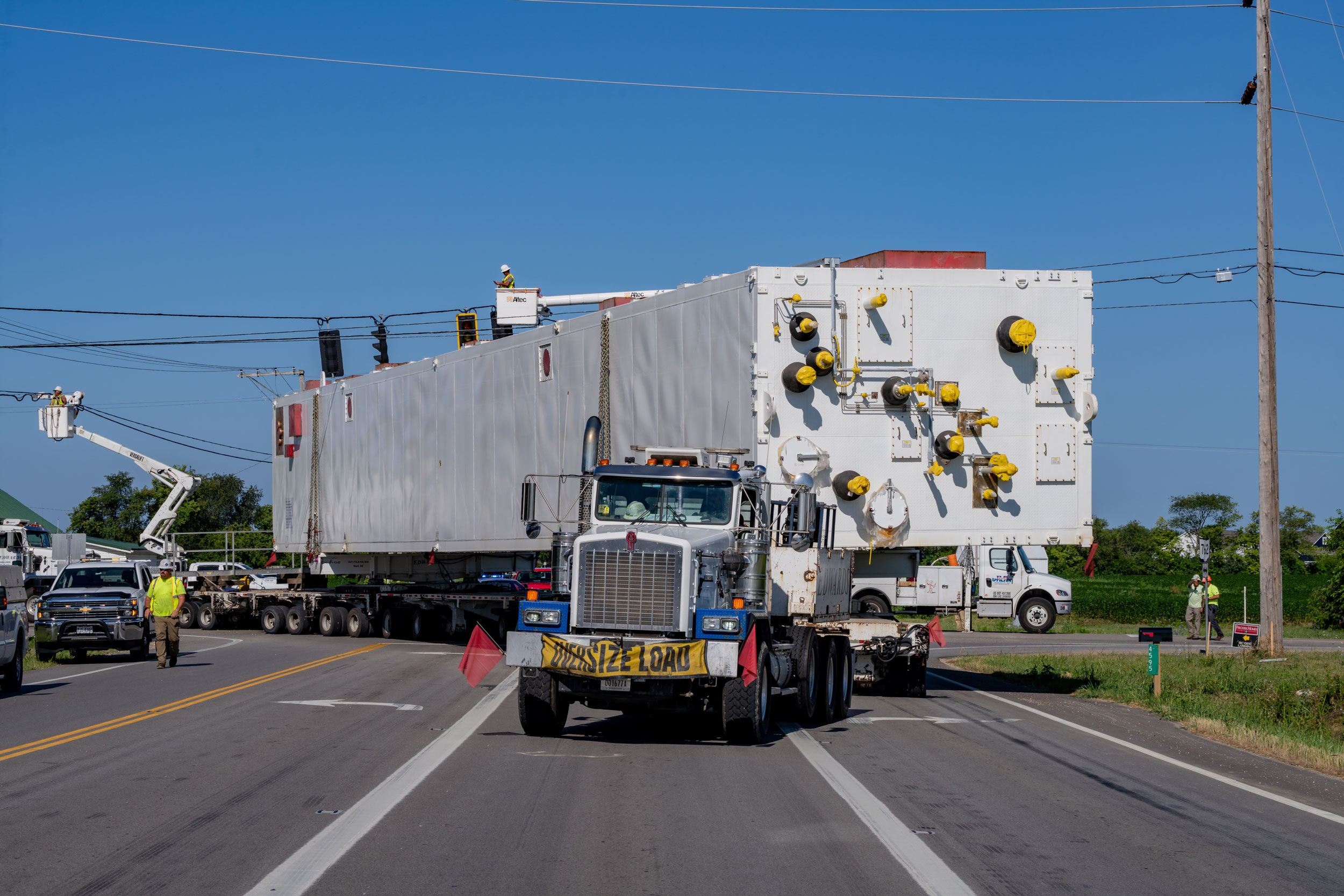On a metallic door in San Francisco’s Mission District, a single character—“π”—offers a cryptic clue as to the virtuous circle of labor taking place beyond.
The door opens to reveal furious activity involving both humans and machines. A woman uses two joysticks to operate a pair of tabletop robotic arms that carefully lift and fold T-shirts into a neat pile. Several larger robots move pantry items from one cluttered box to another. In one corner of the room a man operates a plastic pincer that fits over his wrist and has a webcam on top. Robot parts litter the room.
The warehouse is home of Physical Intelligence, also known as PI or π (hence the symbol on the front door), a startup that aims to give robots a profound artificial intelligence upgrade. Such is the excitement and expectation around the company’s dream that investors are betting hundreds of millions that it will make the next earth-shaking breakthrough in the field of AI. Physical Intelligence last week announced it had raised $400 million from investors that include OpenAI and Jeff Bezos, at a valuation of over $2 billion.
Inside a glass-walled conference room on the second floor of the building, the startup’s CEO, Karol Hausman, a tall man with a soft German accent and a few days of stubble, lays out the vision.
“If I put you in control of a new robot, with a little bit of practice you’d probably be able to figure out how to control it,” Hausman says. “And if we really crack this problem, then AI will be able to do the same thing.”
Physical Intelligence believes it can give robots humanlike understanding of the physical world and dexterity by feeding sensor and motion data from robots performing vast numbers of demonstrations into its master AI model. “This is, for us, what it will take to ‘solve’ physical intelligence,” Hausman says. “To breathe intelligence into a robot just by connecting it to our model.”
Despite amazing AI advances in recent years, nobody has figured out how to make robots particularly clever or capable. The machines found in factories or warehouses are essentially high-tech automatons, going through precisely choreographed motions without a trace of wit or ingenuity.
Hausman is joined at the conference table by several other cofounders: Sergey Levine, a bespectacled young associate professor at UC Berkeley; Brian Ichter, a friendly, bearded fellow who previously worked with Hausman at Google; and Chelsea Finn, an assistant professor at Stanford University who joins via video link.
